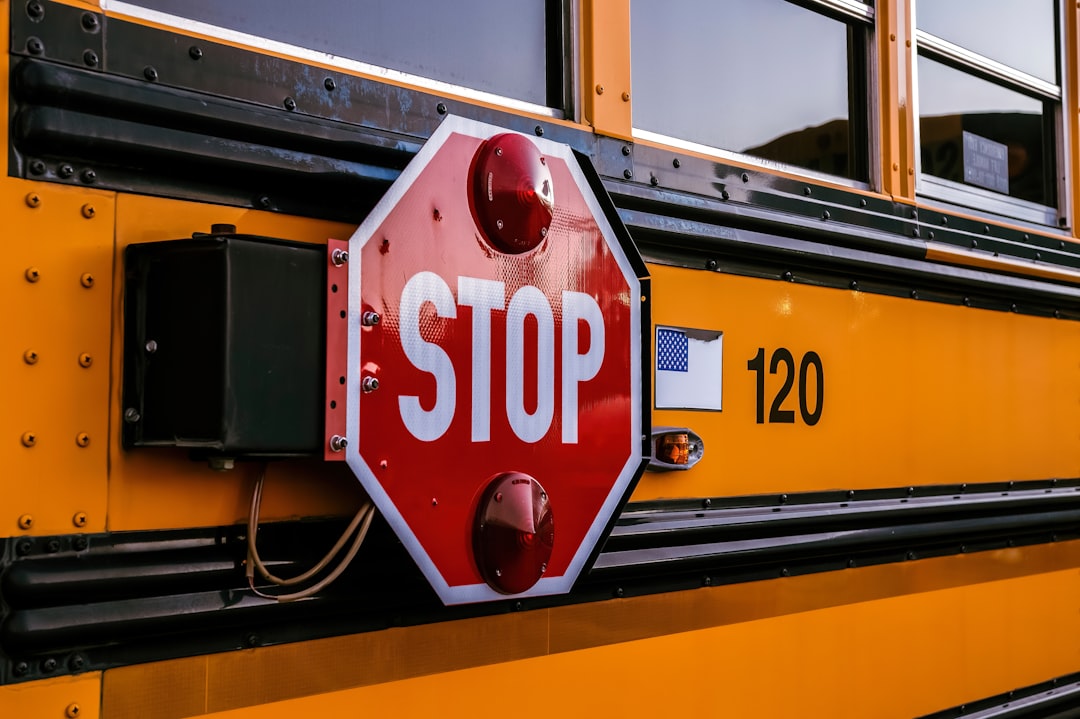

Unsplash
Welcome back.
I was 100% sure I was all caught up from our family’s surprise Disney trip and it turns out I am decidedly not, which is why this is (checks notes) two days late. I love you, I’m sorry, let’s talk about school buses and airplanes.
— Quinn
Did you know we record an audio version of all of our essays? Subscribe to our podcast feed and listen this essay now 👇
I’m Quinn Emmett, and this is science for people who give a shit.
Every week, I help 28,000+ humans understand and unfuck the rapidly changing world around us. It feels great, and we’d love for you to join us.
Together with your new homepage.
Don’t stay on top of the news — we’ll do it for you.
Doom-scrolling sucks. INI Members get daily access to my personal, curated news feed — only what’s most important, updated when I read it.
Search, sort, or filter by the INI-relevant tags to keep an eye on what matters the most.
Get it now on mobile and desktop for just $5/month or $50/year (a 17% discount).
Support Our Work
INI is 100% independent and mostly reader-supported.
This newsletter is free, but to support our work, get my popular “Not Important” book, music, and tool recommendations, connect with other Shit Givers, and attend exclusive monthly live events, please consider becoming a paid Member.

Last week’s most popular Action Step was getting your representative to support the Democracy For All Amendment.
Donate to Tobacco-Free Kids to protect kids from e-cigarettes.
Volunteer with Everytown to prevent gun violence in schools.
🌎 Get educated about the many co-benefits of electric school buses.
Be heard about keeping kids healthy by urging your representative to co-sponsor the Universal School Meal Program Act.
🌍 Invest in companies with ESG metrics that align with your morals using fennel.
🌎 = Global Action Step

THE WHEELS ON THE BUS GO ROUND AND ROUND
If you are driving in America (something I do not recommend) and a big (or small) yellow school bus stops on your side of the road — or even the other side of the road — the next thing it will do is to extend its little flashing stop sign.
This is, as they say, the first sign.
Moments later, 400 flashing red beacons light the bus up like a Clark Griswold fever dream, all to make explicitly clear that you have to stop your car, right now.
And not like, a gentle Tokyo Drift closer and closer until the sign retracts, like you do every day through right-on red.
You can’t even call it close. You have to come to a full stop, like, pretty far away. There is no room for fucking around.
Now, the bus is yellow and the official warning signs are very, very difficult to miss, but in case you do miss all of that, you may notice all of the other cars around you that are already stopped. You’re welcome.
But if you don’t stop at all, well, the first-time penalties are different in every state. Some examples:
Ohio: A violation is punishable by a fine up to $500 and the driver may be subjected to a driver license suspension for up to one year
Hawaii: Fine up to $500 and/or community service
Idaho: Fine of $100 to $500 and 4 points assessed against driving record
Illinois: Fine starting at $500 and up to 90 days in jail
Minnesota: Fine starting at $500 and up to 90 days in jail
Mississippi: First offense is a fine between $350 and $750 and/or up to one year imprisonment
Connecticut: Fine of $450 for a first time offense
Arkansas: Can result in a Class A misdemeanor, a fine of up to $1,000, and/or up to 90 days in jail
In addition to the financial and legal penalties, I have to imagine — hope? — the societal implications of RUNNING THROUGH A SCHOOL BUS STOP SIGN are far worse.
I know my own reaction would be — at least — “What the FUCK are you doing?” Instant rage. Aghast.
Combine all of these conditions and it seems we have pretty firm agreement:


